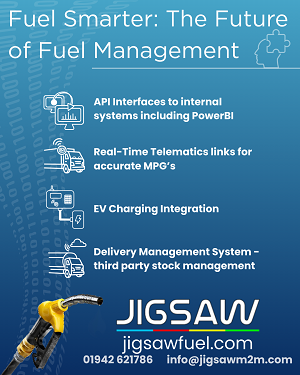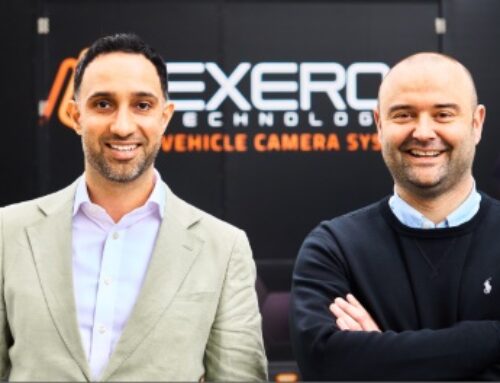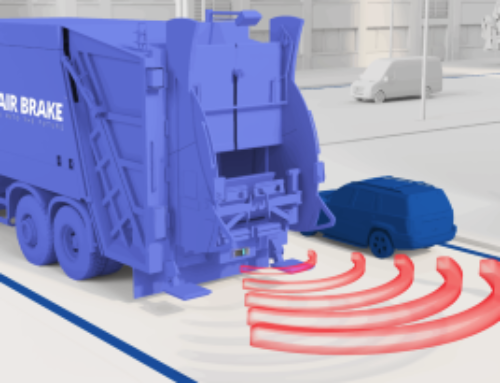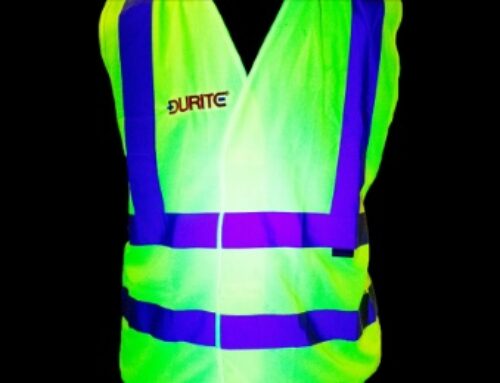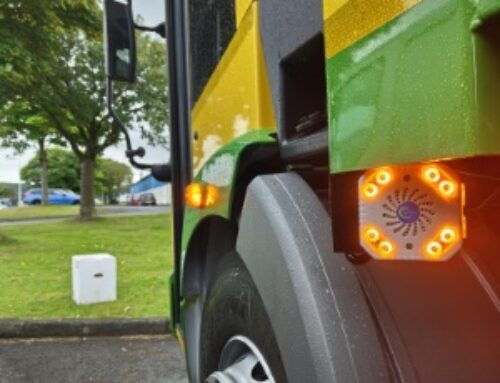Raccoon: going green with eco-friendly graphics
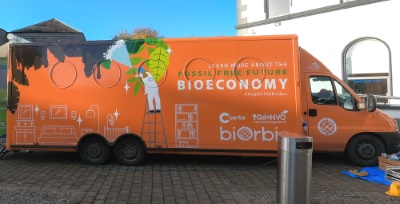 While vehicle wrapping is great for brand awareness, consistency and professionalism, it’s important to remember that traditional wraps are made from PVC and other materials that aren’t easy to recycle, says graphics provider Raccoon.
While vehicle wrapping is great for brand awareness, consistency and professionalism, it’s important to remember that traditional wraps are made from PVC and other materials that aren’t easy to recycle, says graphics provider Raccoon.
“A typical wrap consists of PVC film, which is printed and laminated before being trimmed and applied to the vehicle,” said the company.
“Once removed, the film and its silicone-backed release liner are disposed of as waste – usually ending up in landfill.
“PVC contains phthalates and other harmful additives. These may leach into soil or surface water, damaging the environment. PVC can also break down into microplastics, posing a risk to human health.
“Thankfully, the industry is moving in the right direction, and there are several ways to ensure your vehicle graphics are as eco-friendly as possible.”
One option is to use PVC-free vehicle wrapping films, says Raccoon, developed by manufacturers like 3M and Avery Dennison and made from bio-based materials.
“These offer the same performance, durability and print quality as standard wraps, but aren’t made using the same harmful chemicals.
“This means the wrap and its trimmings can be recycled along with everyday mixed plastics.
“There are limitations, however. While they’re installed just like regular vinyl, PVC-free films are expensive, so you may not have the budget to wrap a whole fleet in them. They also come with silicone release liners that aren’t easily recycled.”
Wrap waste recycling schemes are another option, such as Metamark’s MetaStream scheme, which is currently available to wrap installers producing high volumes of waste.
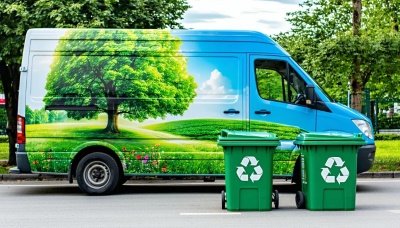 “MetaStream provides a way to separate this waste, including certain traditional PVC films and their release liners, for collection and recycling,” Raccoon explained.
“MetaStream provides a way to separate this waste, including certain traditional PVC films and their release liners, for collection and recycling,” Raccoon explained.
“Bins are provided on-site and staff are trained in how to dispose of all waste responsibly. While the service isn’t free, it’s a smart investment for installers who wrap large numbers of vehicles.”
The company recommends asking installers what sustainable measures are in place.
“At the very least, it’s worth asking how your wrap waste will be handled and what improvements can be made.
“Here at Raccoon, we’ve adopted a number of eco-friendly practices and can always recommend greener materials to our clients. We also help businesses make practical, cost-effective changes for a more sustainable approach towards branding.”
This article is based on a blog on the Raccoon website, which provides more detail on sustainable vehicle graphics.





